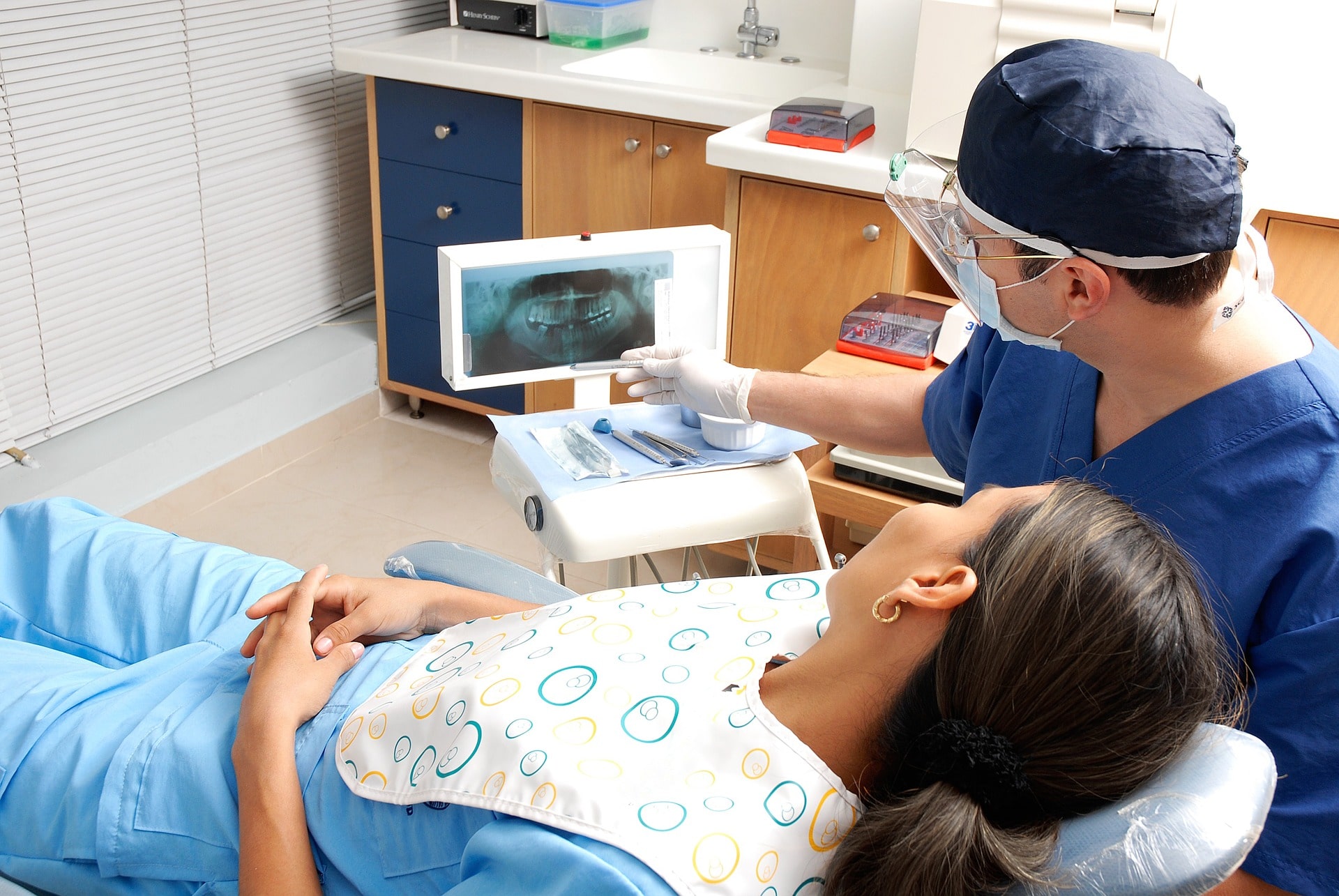
December 14, 2017
Common Concerns When Selling a Fertility Clinic

The process of selling a fertility clinic is intricate. Not only does it include financial challenges, but emotional ones, as well. Fortunately, our brokers at Professional Transition Strategies (PTS) are here to help you navigate this process, starting with addressing your concerns. Here is some more information on common concerns when selling a fertility clinic.
How does the process work?
The most common concern that doctors have when thinking about selling their clinic is fear of the unknown. There are many moving pieces to consider. For example, the cost of the clinic, the future and well-being of the staff and patients, how long it will take to sell the clinic, and whether selling is even the best decision.
That’s why we do what we do. We are here to guide you through the entire transition process, from appraising to the final paperwork. We can help you navigate through this process because we have been there and we know what needs to happen for a smooth, successful transition. Most importantly, we recognize every situation is unique, and we will help you decide which option is best for you.
What will happen to my staff and patients?
The future of staff and patients is another top concern doctors have when selling a fertility clinic. Many doctors have developed long-term relationships with their staff and want to make sure everyone is taken care of. Similarly, you want to make sure future patients are receiving the same level of patient care you provided.
Though we cannot guarantee that your staff will remain employed by the future buyer, we do instruct buyers to not make any changes in the clinic for at least six months. Not only does this give employees a chance to “win” their jobs, but they also have time to look for employment elsewhere. Please know we understand the future of your staff and patients is important to you so we will do our best to help manage this transition.
Should I sell my fertility clinic?
As doctors grow older, needs and circumstances change. And as their biological clock winds down, capabilities and stamina also change. Change can be stimulated by divorce, disability, IRS judgments or just being burned out. Either way, you need to set the sale of your clinic as a carefully planned event. If a personal crisis were to dictate the sale, it becomes more difficult with the greater risk of lost revenue.
It is also important to sell before your clinic declines in income, patients or revenue. Not only is this a red flag to buyers and financial institutions, but it could also negatively affect your clinic’s selling price. This is why we recommend planning early so you can control the outcome. The longer you wait, the opportunity to plan and direct the course of the sale diminishes.
What’s next?
Regardless of where you are in the selling process, we are here to help. Please feel free to contact us anytime.
